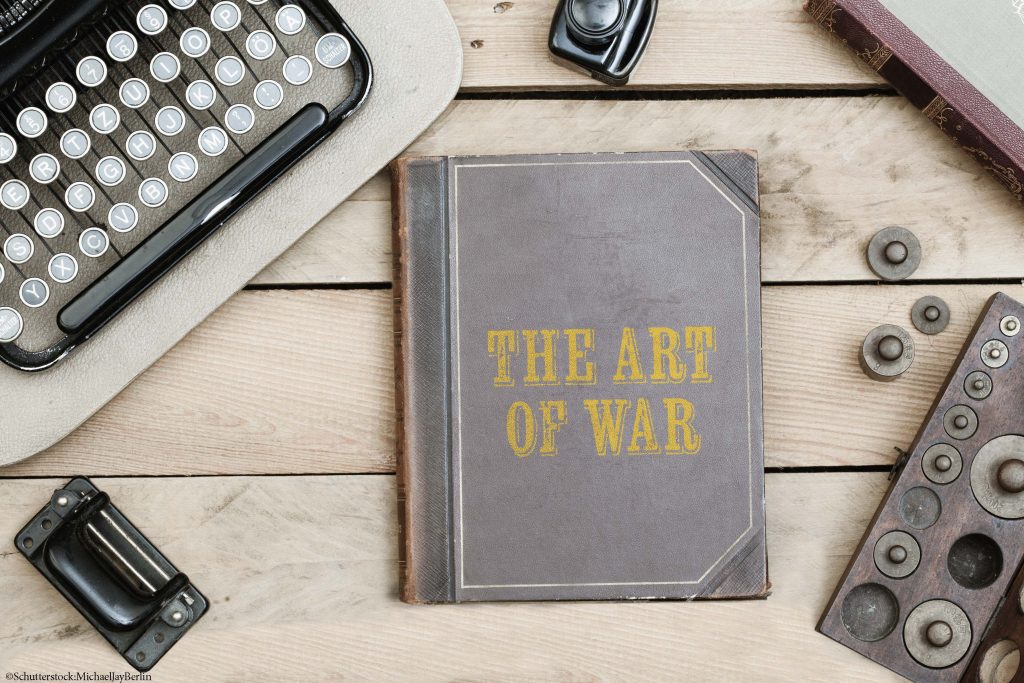
It seems that Putin has forgotten to read the Art of War by Tsun Tzu, several main quotes from which should have been taken on board by Moscow advisors before hitting the market:
“If your enemy is secure at all points, be prepared for him. If he is superior in strength, evade him. If your opponent is temperamental, seek to irritate him. Pretend to be weak, that he may grow arrogant. If he is taking his ease, give him no rest. If his forces are united, separate them. If sovereign and subject are in accord, put division between them. Attack him where he is unprepared, appear where you are not expected.”
“The supreme art of war is to subdue the enemy without fighting.”
“Supreme excellence consists of breaking the enemy’s resistance without fighting.”
“If you know the enemy and know yourself, you need not fear the result of a hundred battles. If you know yourself but not the enemy, for every victory gained you will also suffer a defeat. If you know neither the enemy nor yourself, you will succumb in every battle.”
“Strategy without tactics is the slowest route to victory. Tactics without strategy is the noise before defeat.”
The main advice from ‘Art of War,’ however, is:
At present Moscow’s approach seems to be almost like a Trumpian playbook of trade wars: “be prepared to take short-term damage if you think your opponents will be forced to concede.”Here, however, Putin has not been taking on Washington, NATO or Brussels, but Riyadh’s Machiavelli-lover Crown Prince Mohammed bin Salman and his brother in arms Abu Dhabi Crown Prince Mohammed bin Zayed. MBS seems to be an avid reader of Machiavelli as his current strategy seems to be built on the following ‘Il Principe’ quotes:
“Everyone sees what you appear to be, few experience what you really are.”
“The first method for estimating the intelligence of a ruler is to look at the men he has around him.”
“Never attempt to win by force what can be won by deception.”
“All courses of action are risky, so prudence is not avoiding danger (it’s impossible), but calculating risk and acting decisively. Make mistakes of ambition and not mistakes of sloth. Develop the strength to do bold things, not the strength to suffer.”
[…]



